Premium Only Content
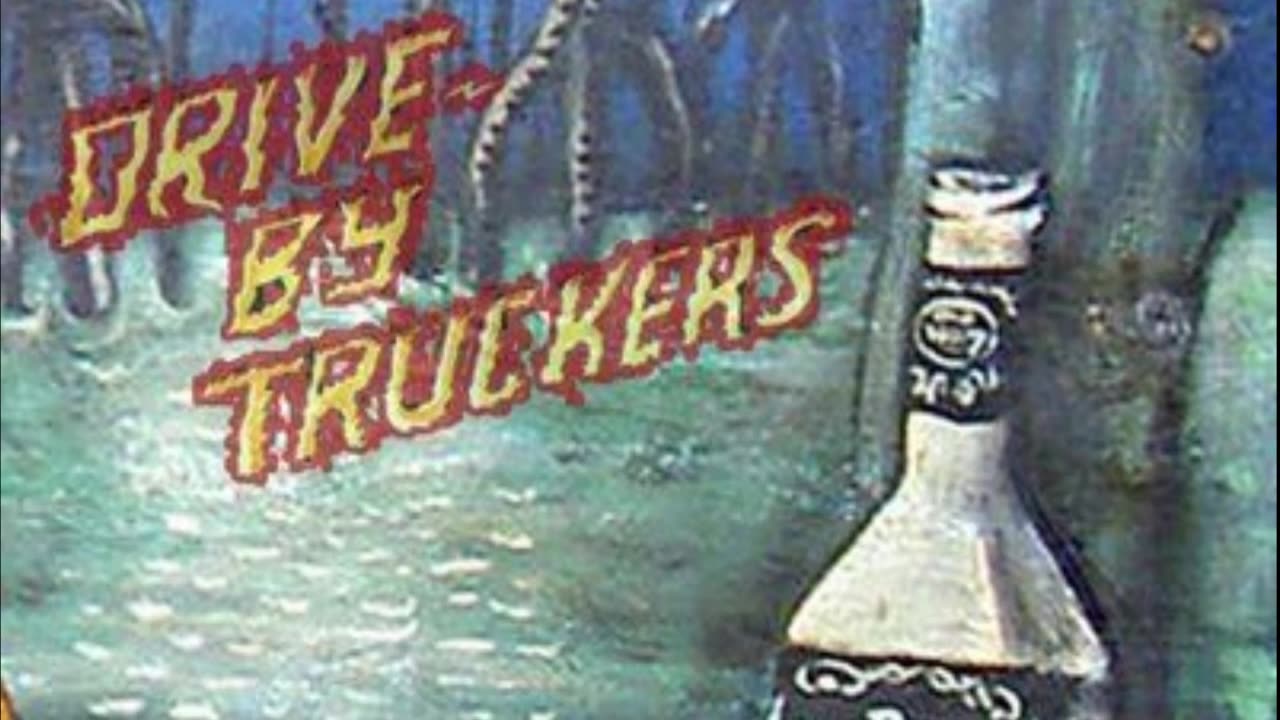
Let There Be Rock Gravitys Gone The Buford Stick Drive By Truckers
Let There Be Rock Album: Southern Rock Opera (2001)
Gravity's Gone Album: A Blessing and a Curse (2006)
The Buford Stick Album: The Dirty South (2008)
by Drive By Truckers
Southern Rock Opera is a double concept album tracing the rise and fall of a mythical guitar hero released the day after 9/11. It is loosely based on the exploits of Lynyrd Skynyrd and the wider mythology of the American South. This song is a guitar charged account of a teenhood spent drinking, drugging and getting arrested plus going to see rock and roll bands.
Vocalist and co-writer Patterson Hood said: "Let There Be Rock" was about "how partying and going to arena rock shows kept me from going off the deep end in High School."
This was one of three songs that Patterson Hood wrote for Southern Rock Opera on the same day. (He also penned "Wallace" and "Angels and Fuselage.")
Guitarist and co-songwriter Mike Cooley told Uncut:
"'Let There Be Rock' is a mostly fictional story, but it captures a certain time in your life. And that was something that was really important to us. Everything about it - feeling freedom for the first time and how rock and roll concerts played into that, hearing the crowd swell, flirting with disaster, being the biggest threat to yourself that you'll ever be in your life. And maybe living through it, or maybe not."
The song features the sound of a crowd at a gig. Patterson Hood told Uncut: "I decided that 'Let There Be Rock' needed to be the breakthrough '70s hit from this fake band, Betamax Guillotine, so it had to sound like one. I've always loved the applause on 'Bennie And The Jets' and wanted something like that on this song. So when we were mixing the record, I bought in my vinyl copy of Cheap Trick at Budokan and lifted two different crowd swells. The really big one kicks in when the guitars get going."
The Drive-by Truckers have always harbored a bit of Replacements envy, particularly Patterson Hood. But “Gravity’s Gone,” the ultimate anthem to the down and out, actually comes from Mike Cooley. A wry, off-the-cuff meditation on life’s smirking injustice, it can be summarized by the wistful last lines: “What used to be is gone and what ought to be ought not to be so hard.”
The melancholy twang is tart, like something once sweet that’s souredhope, perhaps? Cooley begins the song in a fog of self-reflection, wondering “about a reason for the things I told her/ She woke up sunny-side down/ and I was still thinking I was too proud to flip her over.” It’s followed by a terrific observation on compensation of sorts: “Cocaine rich comes quick/ That’s why the small dicks have it all.”
That would be enough to make it a great song, even without the wonderful chorus about falling and never hitting bottom. The second stanza, though, concludes with bits of advice worthy of Mary Schmich’s famous 1997 column, “Wear Sunscreen,” which Baz Luhrman turned into a hit single two years later.
“You’ll never lose your mind, as long as your heart always reminds you where you left it,” Cooley sings. “And don’t ever let them make you feel saying what you want is unbecoming. If you were supposed watch your mouth all the time, I doubt your eyes would be above it.”
Cooley spoke to me about “Gravity’s Gone” and the Truckers’ new album from his home in Alabama.
INDEPENDENT: I understand you wrote “Gravity’s Gone” over a long period?
MIKE COOLEY: It’s something I kept coming back to for over a year or more. I think I came up with the chorus, or most of it, at one time, and just thought it was cool and didn’t know really what it meant. I’d just kept going back to it. Every time I’d think about writing, that’d be one I’d go back to. And then the verses started popping out and taking shape.
You say you’d been coming up with lines: Did you know they were for this song?
At a certain point, I think I was kind of consciously thinking of them to go with that chorus. A lot of them, when we were on one particular tour, every day or two another one of those kind of funny lines popped into my head, and I’d hang on to it.
It’s reminiscent of the advice from that famous column, “Wear Sunscreen.”
I don’t live by any of that crap, but I try to bestow it upon others as much as I can [laughs]. I’m usually talking to myself, that’s my dirty little secret. If I ever sound like I’m preaching or trying to make someone smarter than they are, I’m talking to me.
A lot of times it takes me a few years after I write something [Cooley tells a squealing kid to hold on, he’s on the phone.] It takes me a few years before I really know what I’m talking about. In that particular case, a lot of it came together while I was on this tour that I wasn’t having much fun with [laughs]. I was on the road a lot harder and longer than I wanted to be, and I didn’t feel like we were really reaping the benefits. [Editor’s note: Could this be the Dirty South tour?] But the whole thing in the chorus is kind of like, if I derail my career, at least I’ll have my feet on the ground. I’d rather be at the bottom with my feet on the ground than the bottom with no where to land. So it took me a while to figure out what I was talking about, but I think that was it.
The Corvette that killed Buford Pusser nearly 50 years ago remains on public display, its mauled frame and twisted wheels perched atop a little platform in a small-town Tennessee museum. In the early ’60s, Pusser—a one-time Chicago wrestler with a head like that of a pitbull—returned to southern Tennessee to wage legal war on rebellious confederations of bootleggers, gamblers, and thieves along his home state’s chaotic border with Mississippi and Alabama. His efforts and resulting assassination attempts made him a movie star in the loose biopic Walking Tall, at least until he fatally crashed his Corvette at top speeds in 1974. But his all-too-convenient death has remained the stuff of local legend in subsequent decades, with persistent rumors that his specialized car had been sabotaged for murder. Perhaps the steering rod had been sawed, to ensure that the locals trying to make an illicit fortune would never again have to “watch out for Buford.” Though Pusser is long dead, his Corvette endures, both a reminder and portent of regional chaos.
This conspiracy and that warning are the premise of Drive-By Truckers’ “The Buford Stick,” the centerpiece of a four-song suite about the warfare for homeland sovereignty, as riveting as any movie about Pusser. It arrives late in The Complete Dirty South, an expanded version of the Truckers’ The Dirty South that finally reveals the true breadth of their 2004 masterpiece. A complicated survey of power dynamics and strife in a benighted region rich in half-true folklore, hydroelectric power, and heroes who stunt-double as villains, The Dirty South has been this century’s most compelling document of Southern rock since its release 19 years ago. With the addition of three scrapped songs that eventually appeared on later records (and a multitude of archival illustrations by the band’s visual world-builder, the late Wes Freed), The Complete Dirty South adds even more nuance and intrigue through tales of family-man suicide, small-town crooks, and simple country pleasure.
-
 15:03
15:03
Psychological operations
13 days agoPortobello Belle Wild West End Private Investigations Dire Straits
381 -
 1:02:26
1:02:26
VINCE
3 hours agoTragedy In Minneapolis | Episode 113 - 08/28/25
143K108 -
 LIVE
LIVE
Reidboyy
42 minutes agoHow To Make $$$ in Delta Force Console Operations!
50 watching -
 LIVE
LIVE
JuicyJohns
3 hours ago $0.26 earned🟢#1 REBIRTH PLAYER 10.2+ KD🟢
35 watching -
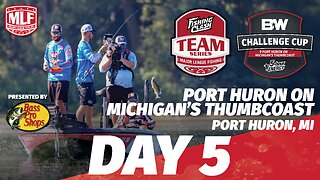 LIVE
LIVE
Major League Fishing
6 days agoLIVE! - Fishing Clash Team Series: Challenge Cup - Day 5
143 watching -
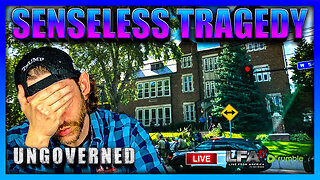 LIVE
LIVE
LFA TV
4 hours agoLFA TV ALL DAY STREAM - THURSDAY 8/28/25
4,972 watching -
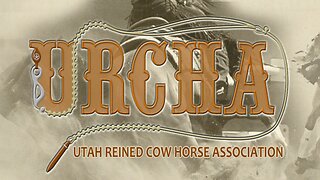 LIVE
LIVE
Total Horse Channel
14 hours ago2025 URCHA Futurity | Derby & Horse Show | Thursday
113 watching -
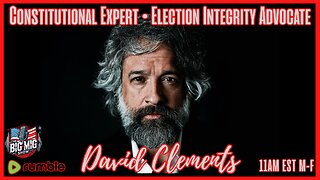 LIVE
LIVE
The Big Mig™
2 hours agoThe War Powers Resolution w/ David Clements
5,148 watching -
 LIVE
LIVE
Badlands Media
7 hours agoBadlands Daily: August 28, 2025
4,219 watching -
 1:43:15
1:43:15
Dear America
3 hours agoTrans Violence Against Christianity MUST BE STOPPED!!
87.1K82